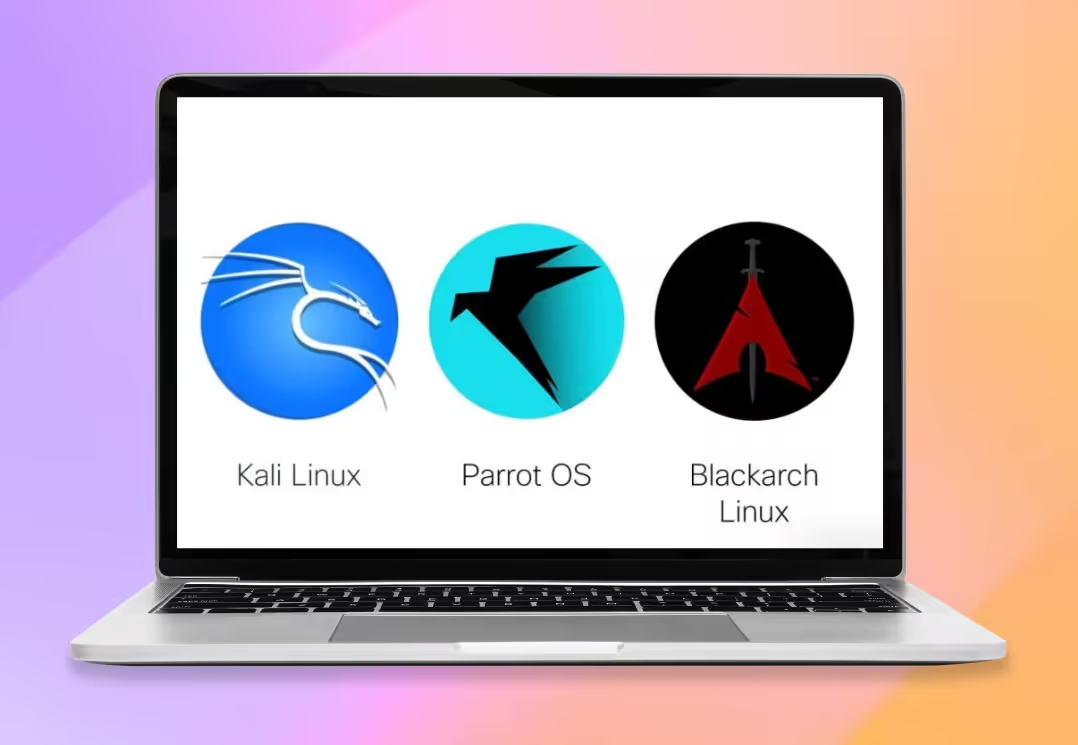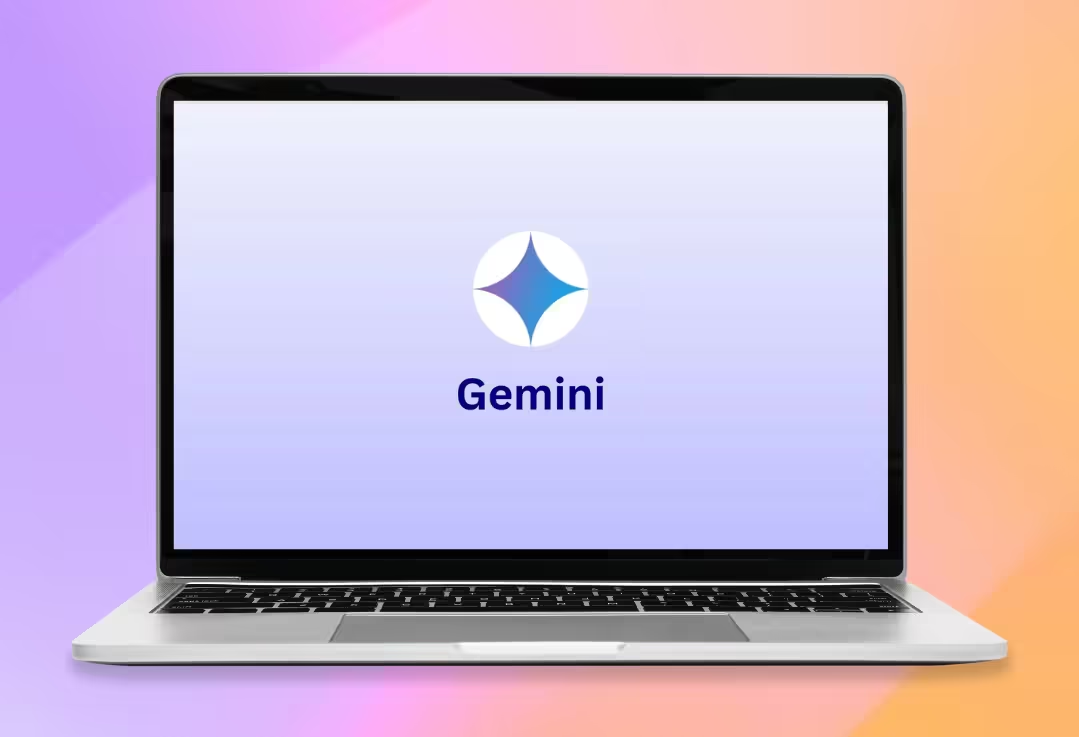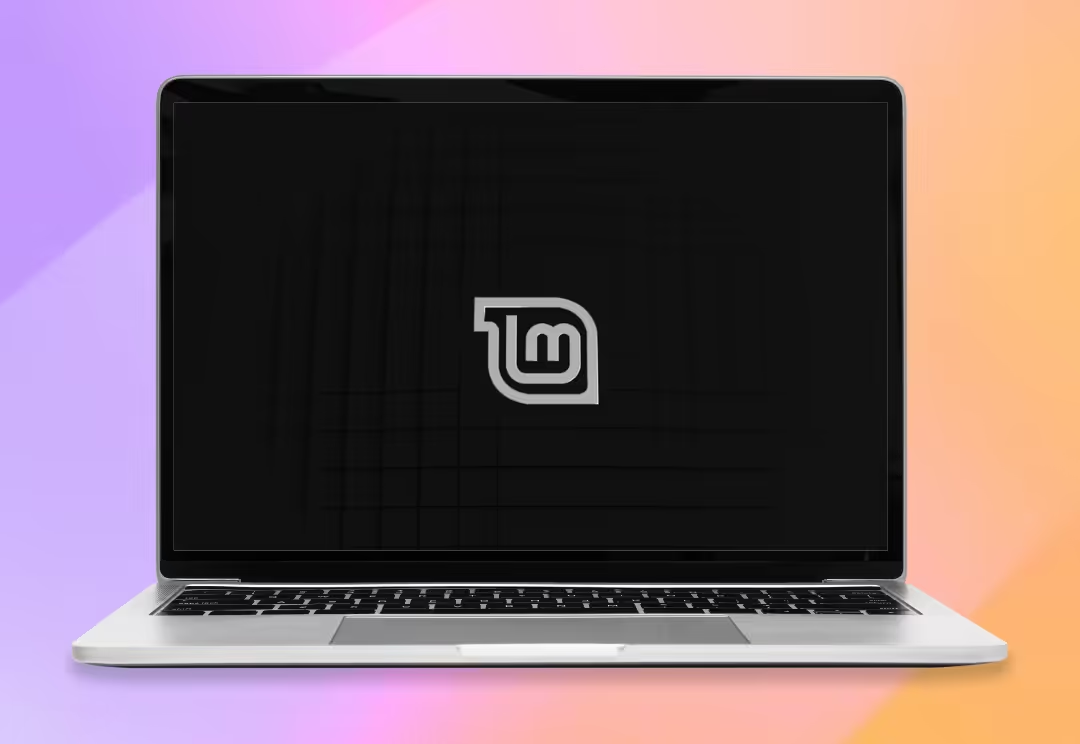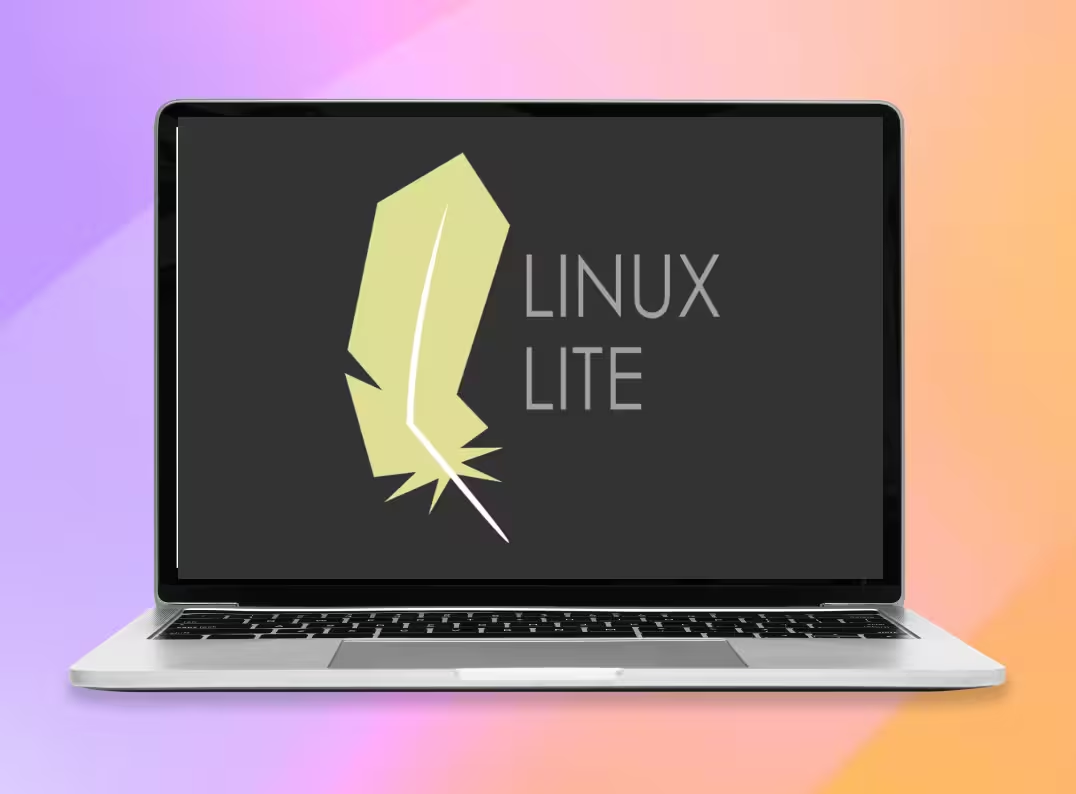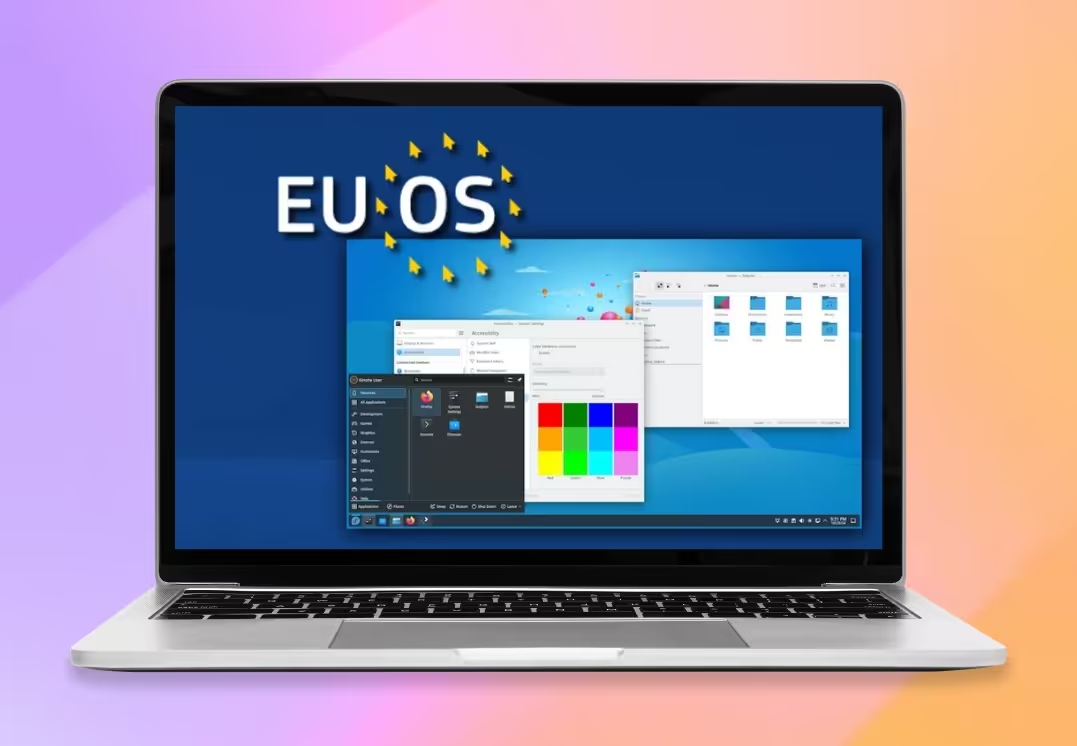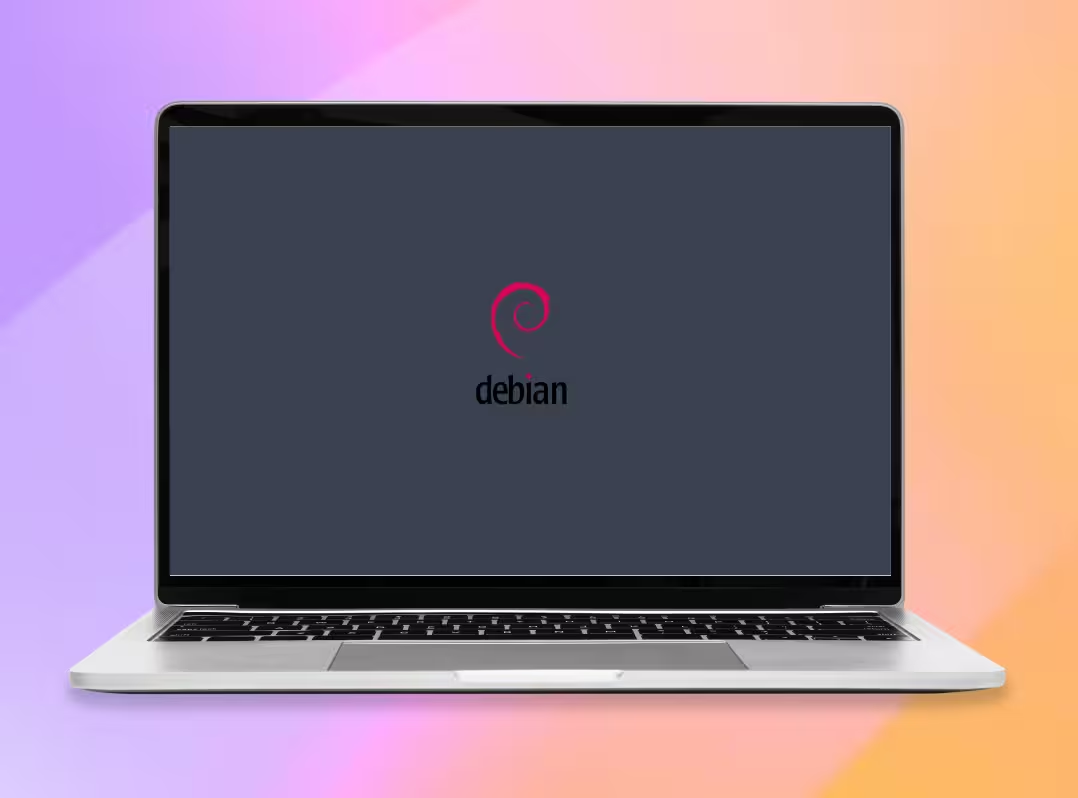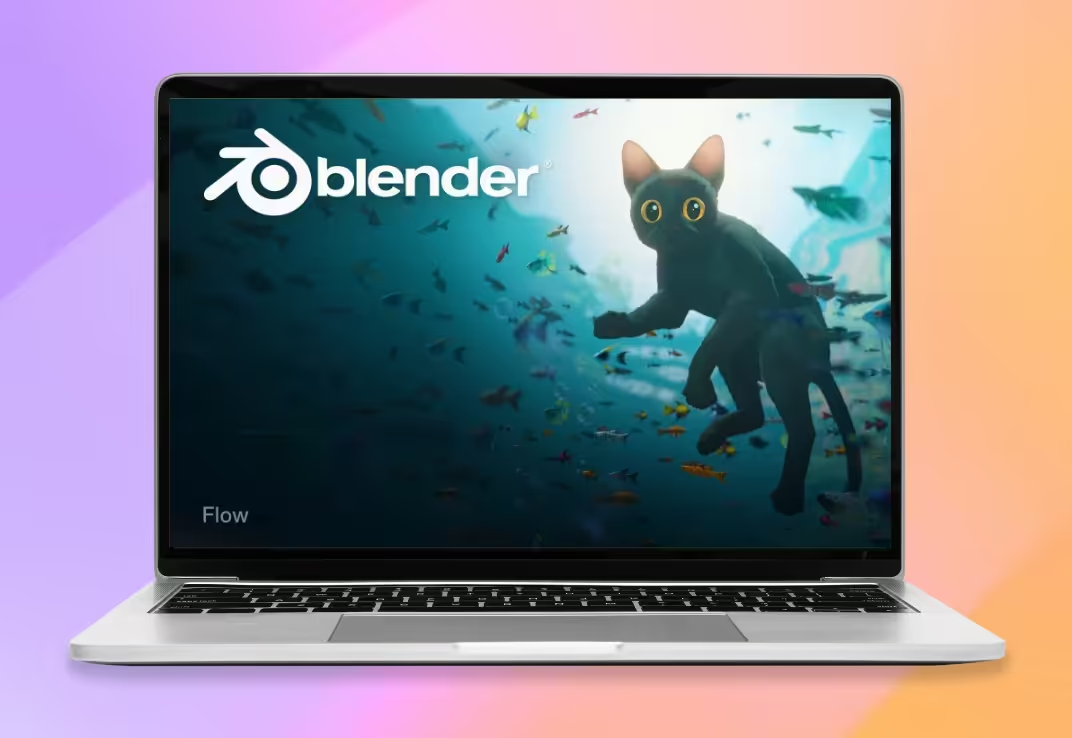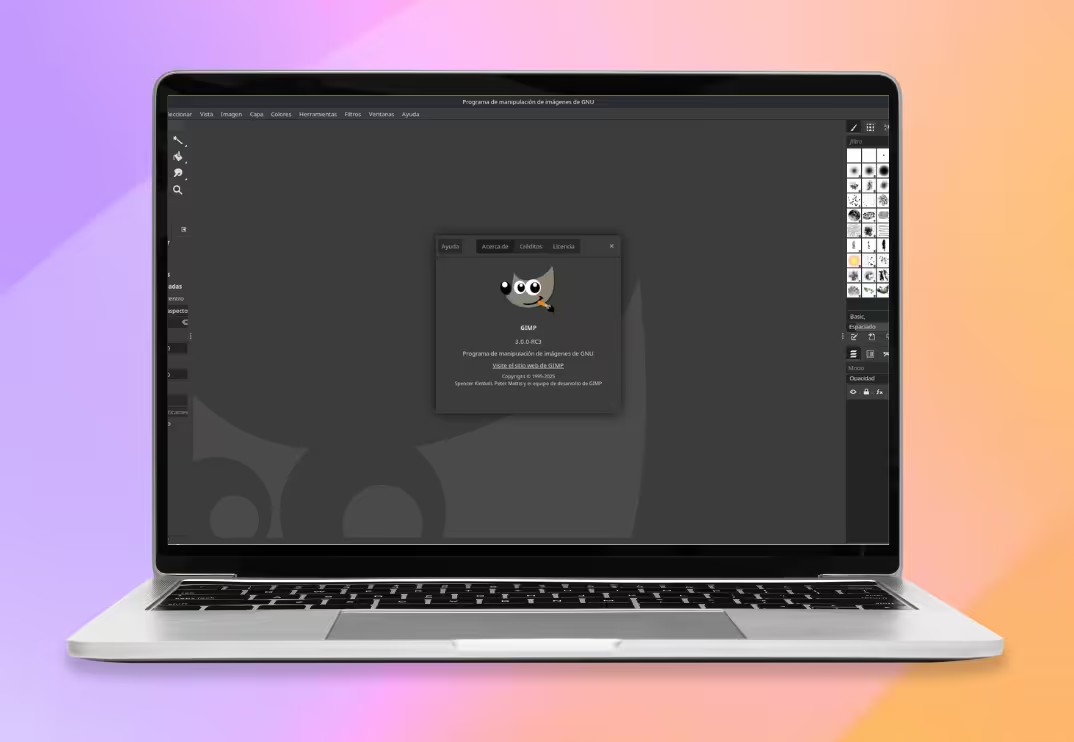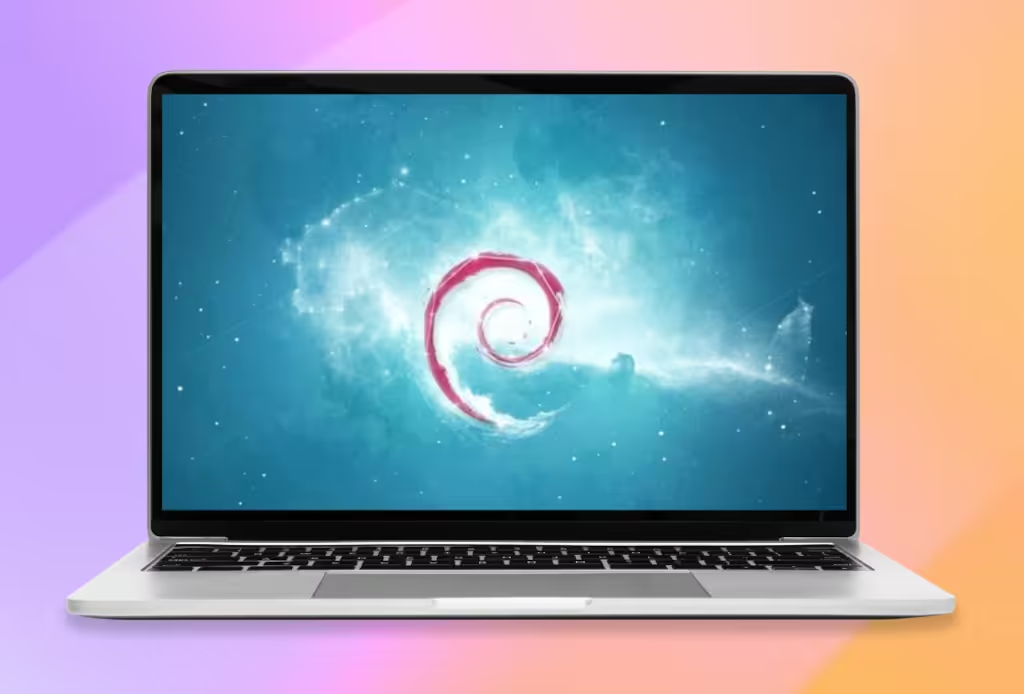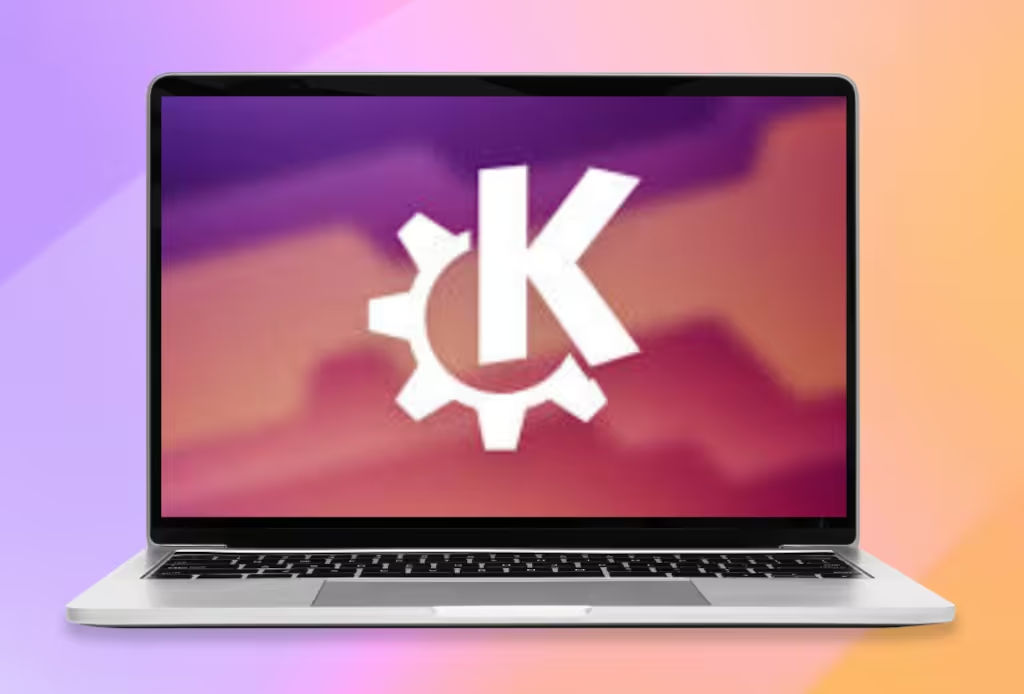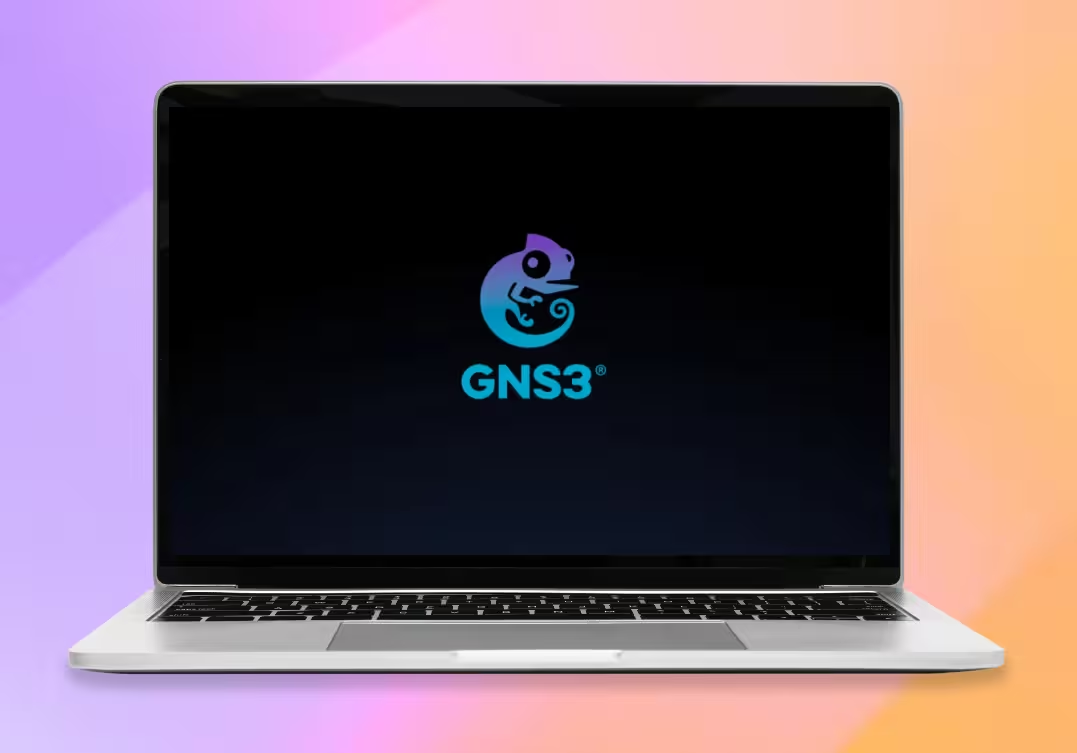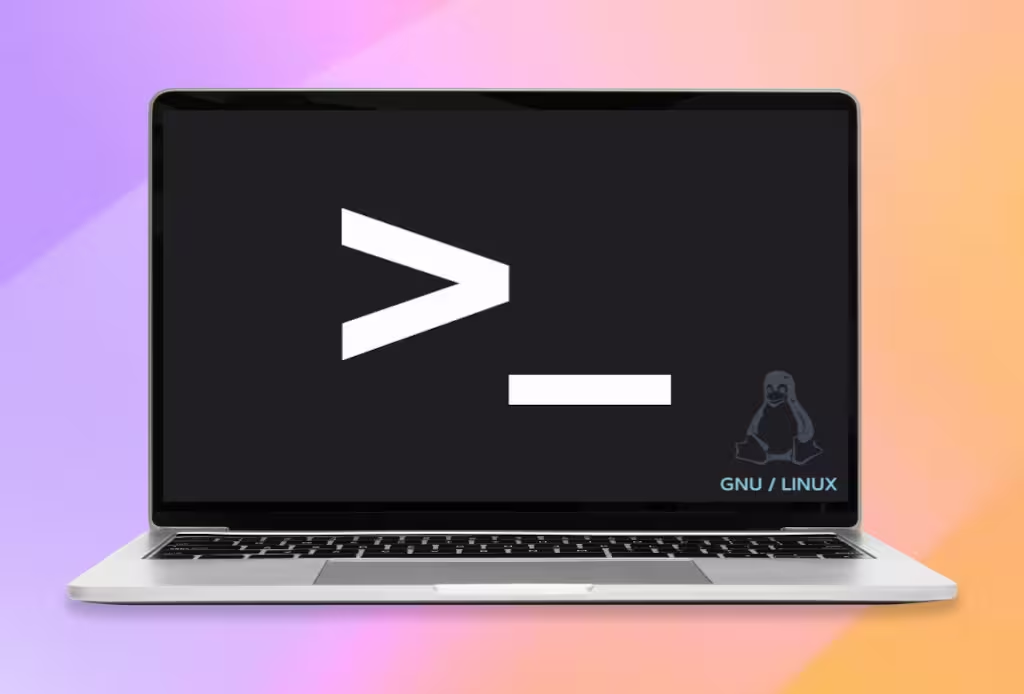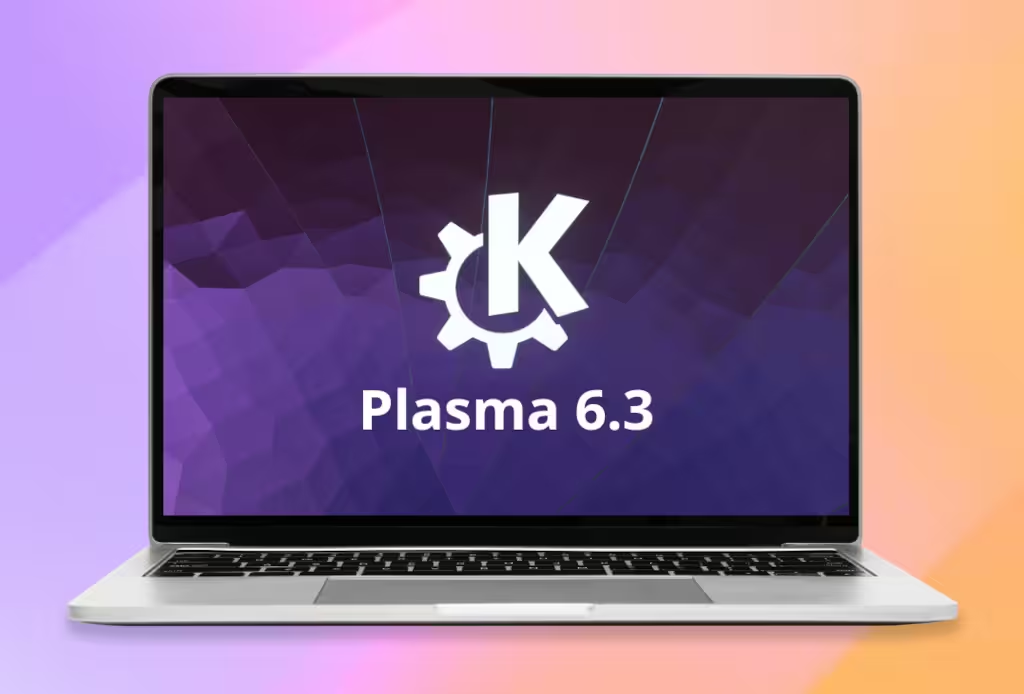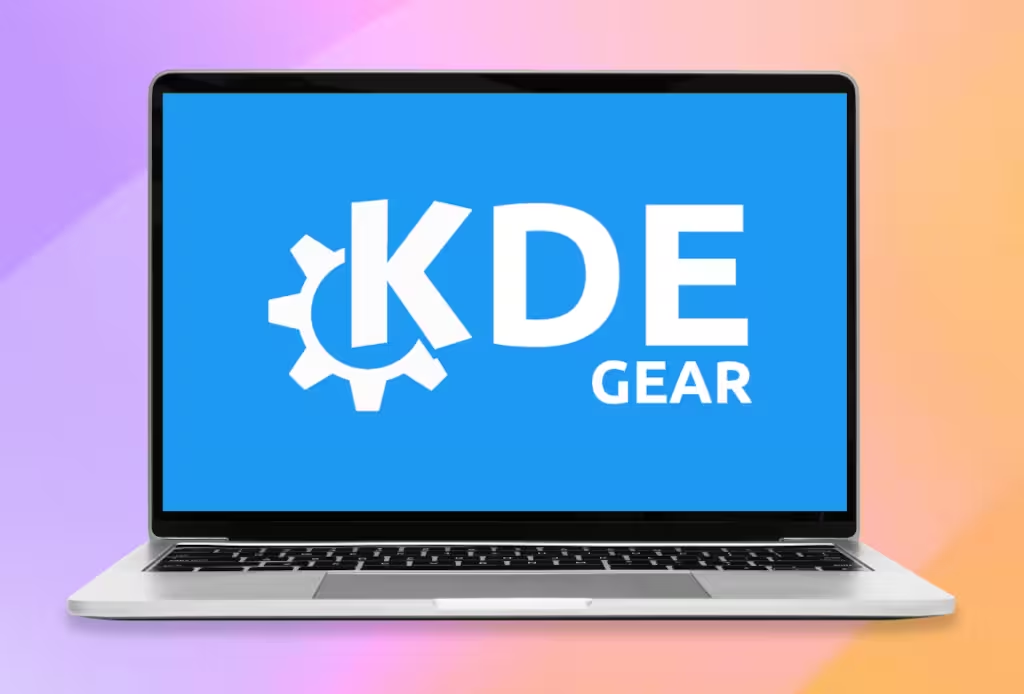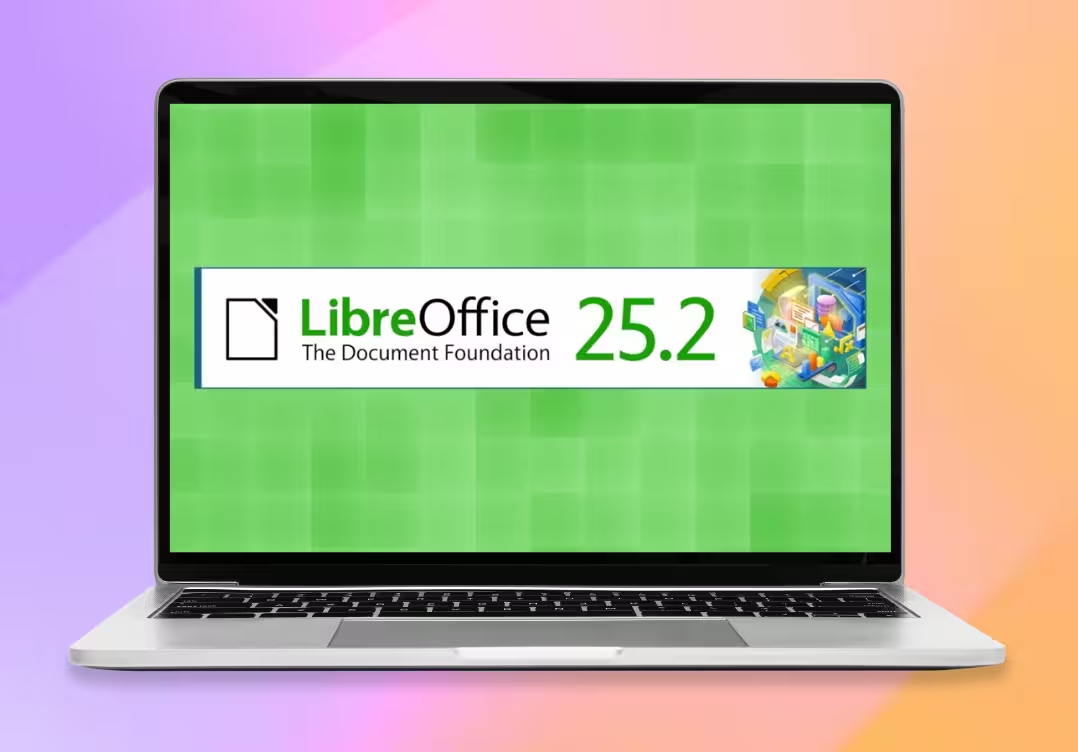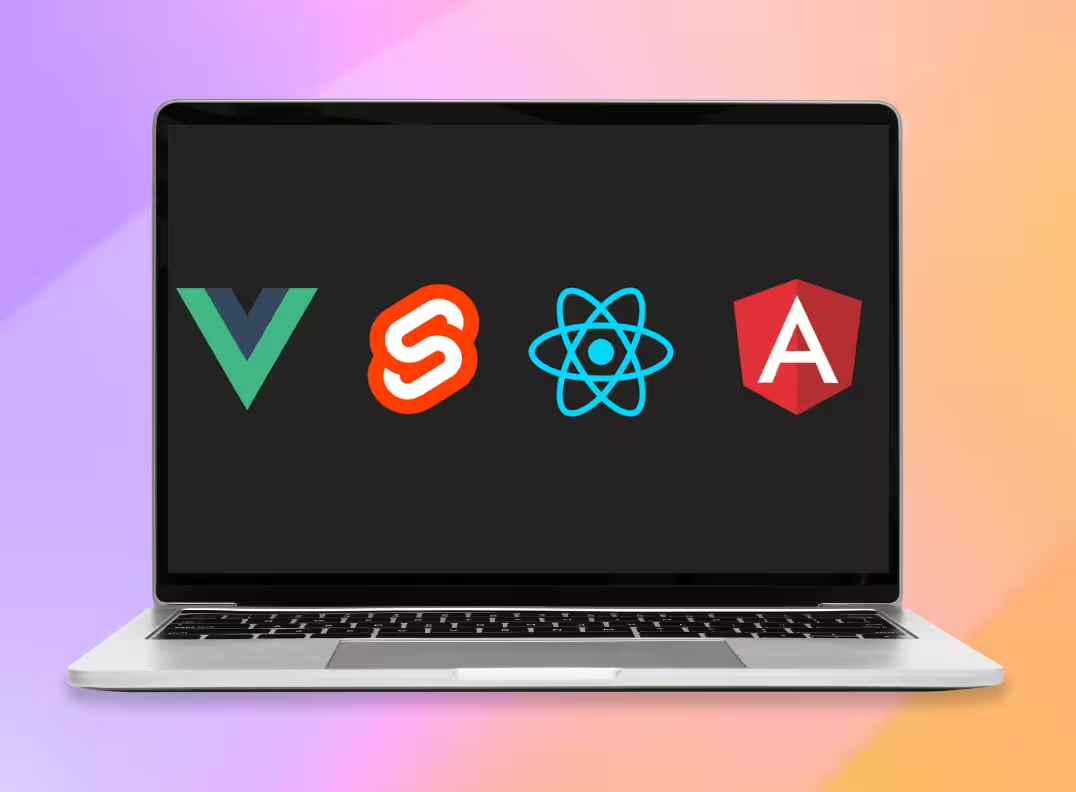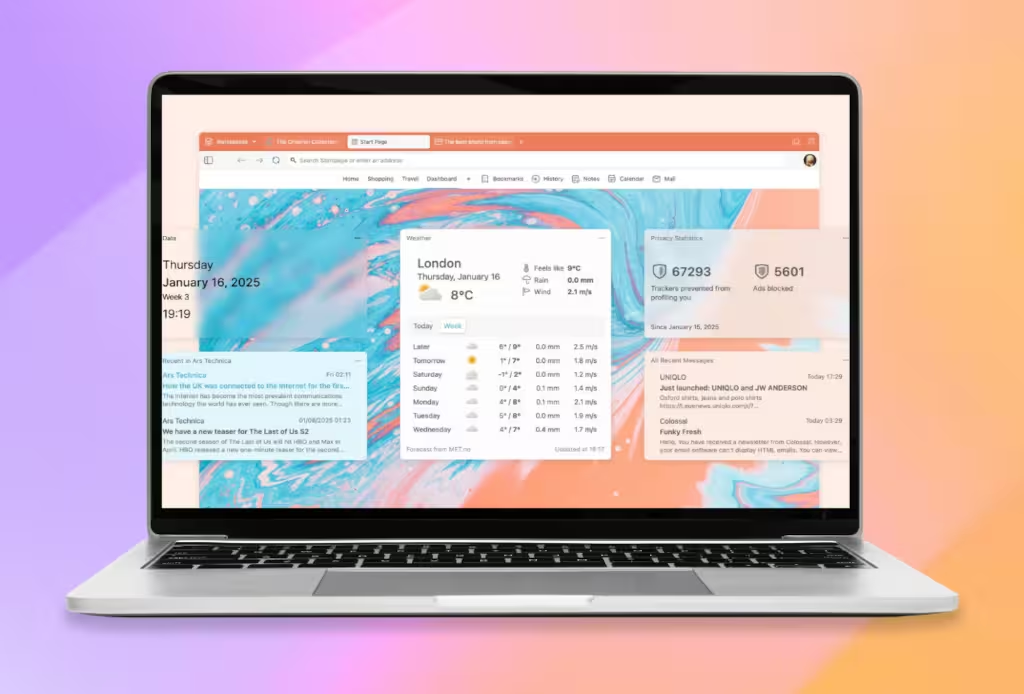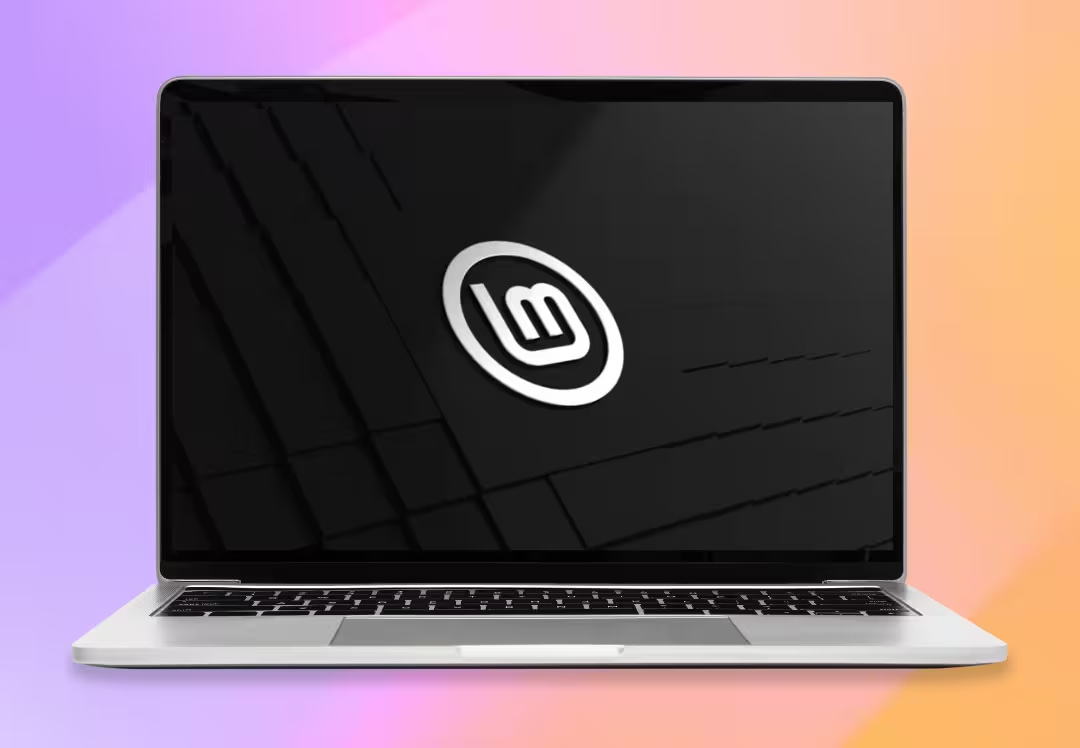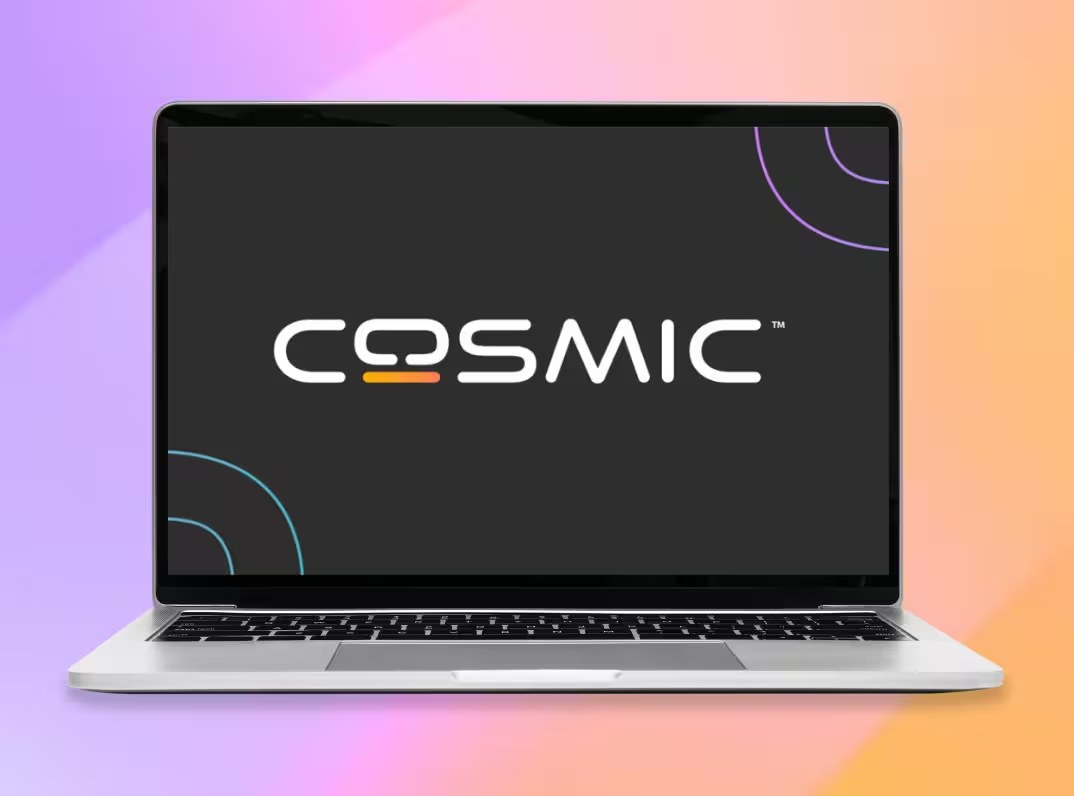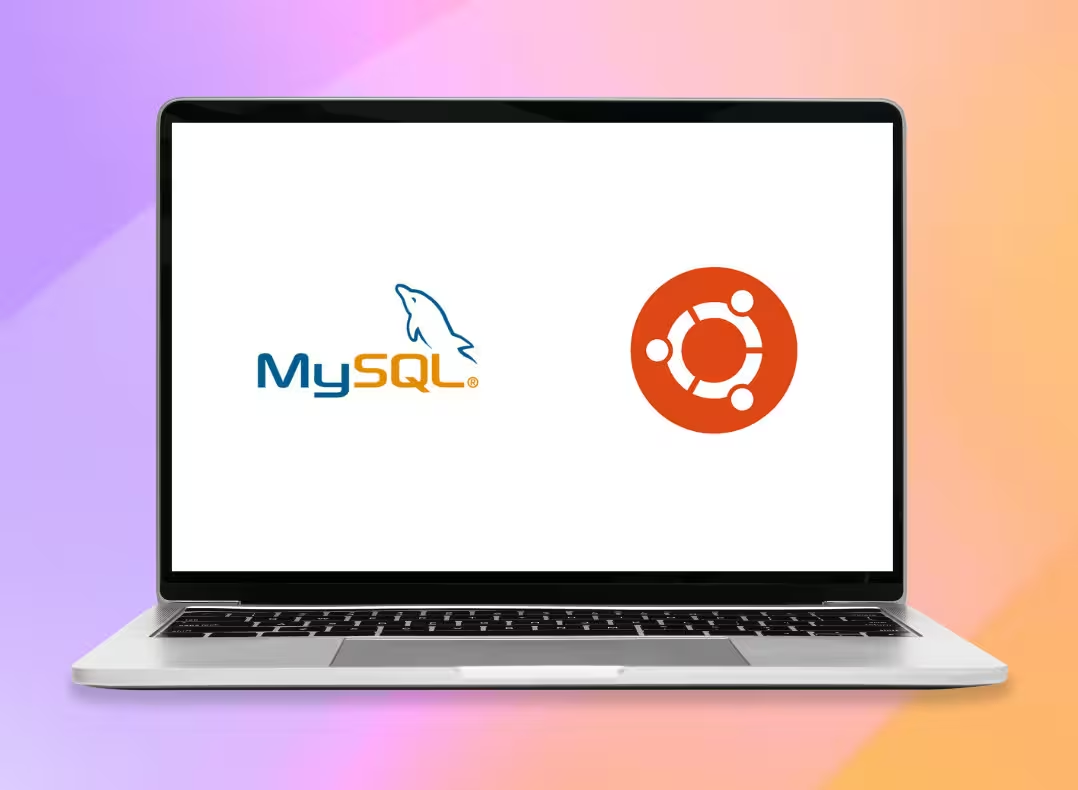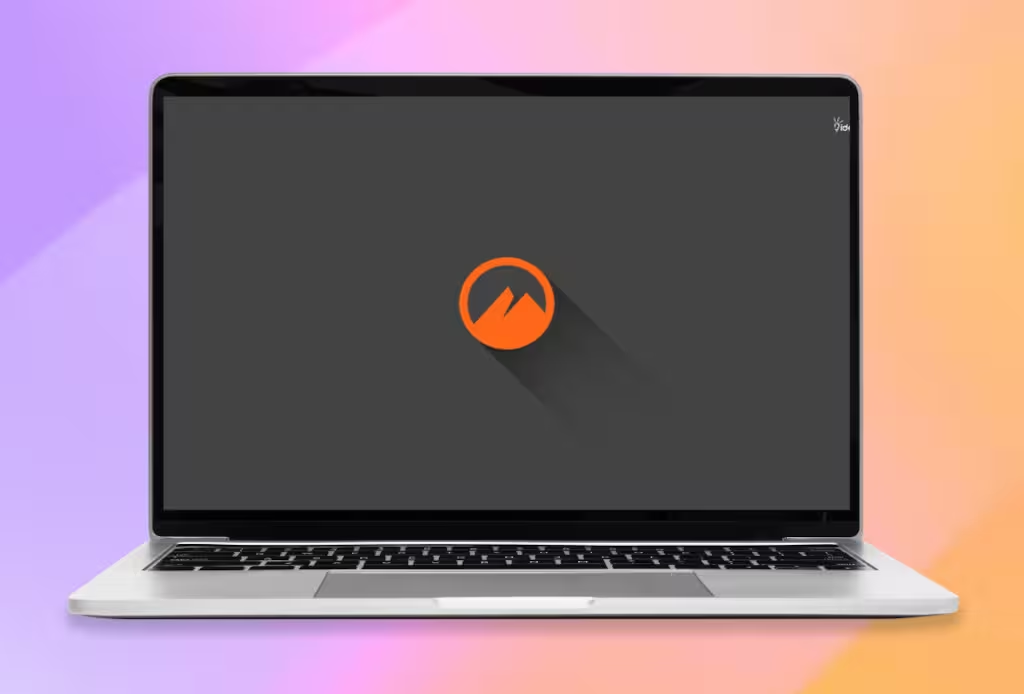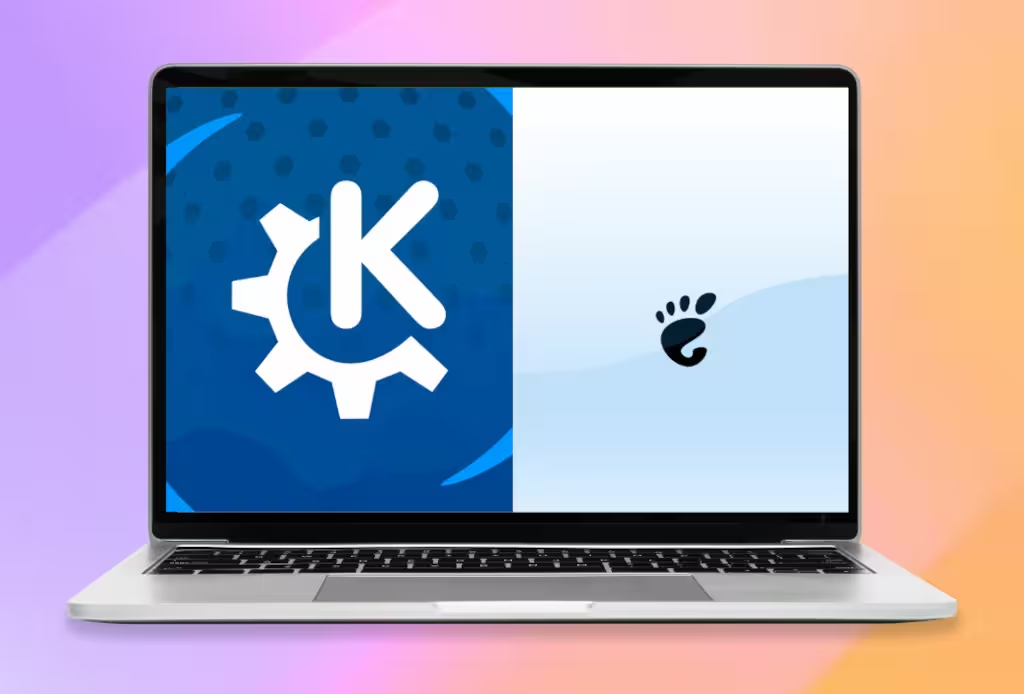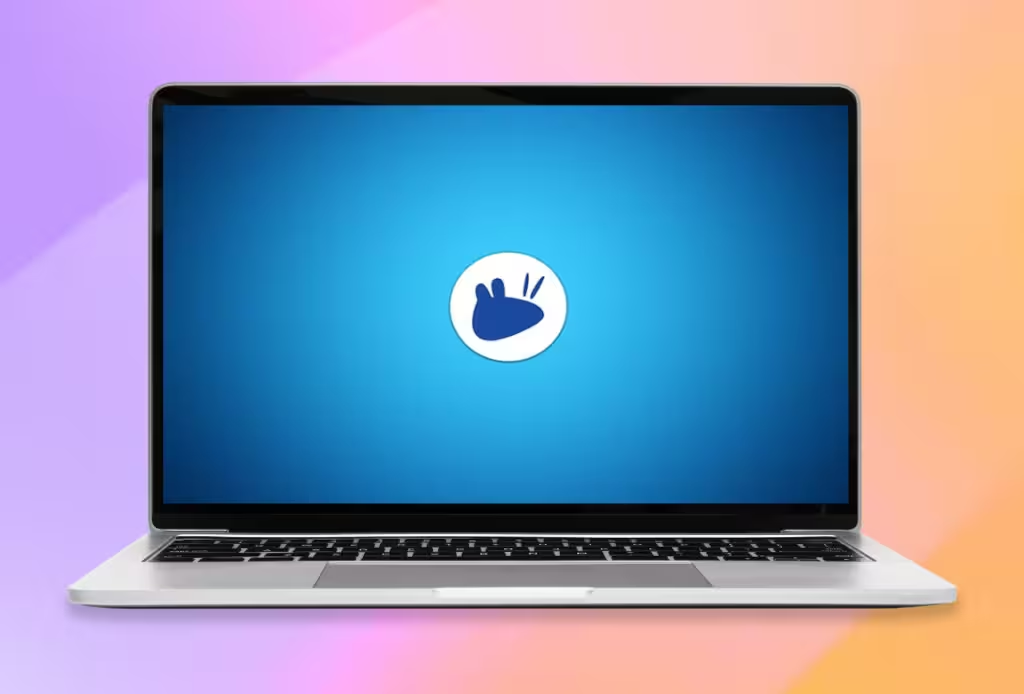APT 3.0: A New Era in Package Management for Debian
APT 3.0 has been released as the new stable version of Debian’s command-line package management tool, marking a significant leap forward in both functionality and user experience. This update not only improves the technical performance of the tool but also completely transforms how users interact with it through the terminal.
One of the most noticeable changes is the redesigned interface, now much more visually friendly. Terminal output adopts a column-based layout that enhances readability, combined with a color scheme that clearly distinguishes actions: green for installations or upgrades, and red for removals. Additionally, a smoother progress bar using Unicode blocks offers a clearer and more modern visual representation of operations.
APT 3.0 also reduces the verbosity of its default messages, adding padding between sections to improve readability and help users quickly find relevant information. This version also introduces Git-style automatic pagination, making it easier to navigate long package lists in the terminal.
At the core of the system is the introduction of Solver3, a new dependency resolution engine based on backtracking. This component allows APT to handle complex conflicts more effectively, with smarter version selection and improved management of edge cases—all without user intervention.
From a technical standpoint, APT 3.0 replaces traditional cryptographic components like GnuTLS and gcrypt with OpenSSL, and switches from GnuPG to Sequoia, strengthening the system's security. It also removes obsolete remote connection methods such as FTP, RSH, and SSH, and adds support for uncompressed indexes from local mirrors, improving efficiency.
The new modernize-sources command automatically updates repository configuration files to a modern format, while support for phased updates allows more controlled rollouts of large changes. Recommended and suggested packages are now more visible during upgrades, and new features like the --comment option for history entries and kernel size indicators in /boot have been added.
This release is dedicated to the memory of Steve Langasek, a notable Debian and Ubuntu contributor, and will become the default interface in Debian GNU/Linux 13 “Trixie” and Ubuntu 25.04, both expected to launch in mid-2025.




